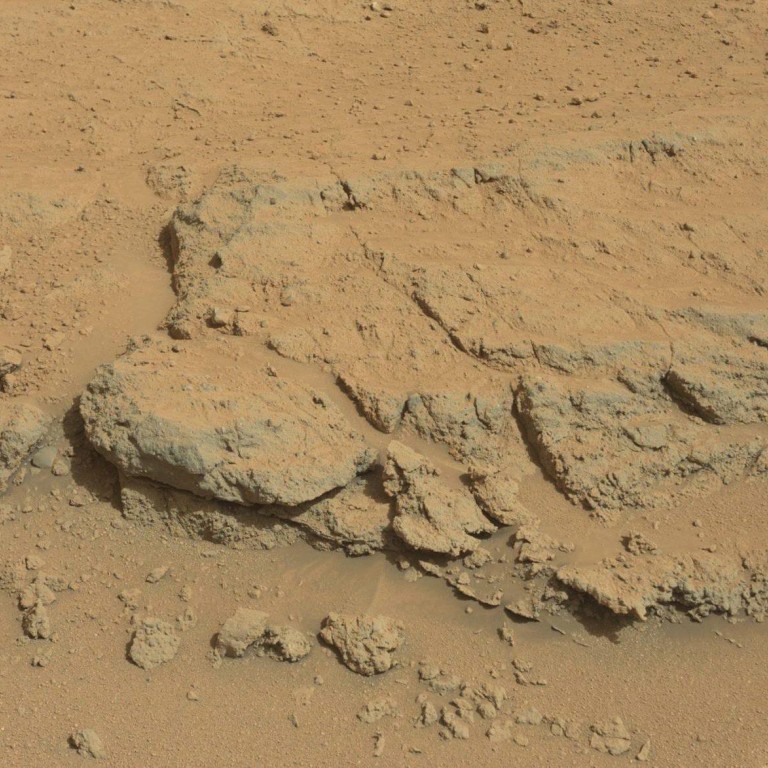
Nasa rover's failure to find methane means life on Mars is less likely
Nasa's Curiosity rover fails to find methane on red planet, making the chances slim that life - in the form of microbial activity - exists there
In findings that are as scientifically significant as they are crushing to the popular imagination, Nasa has reported that its Mars rover, Curiosity, has found no evidence that life could be thriving on Mars today.

The conclusion was published in the journal .
While the absence of methane does not entirely preclude the possibility of life on Mars - there are plenty of microbes on Earth that do not produce methane - it does return the idea to the realm of pure speculation without any hopeful data to back it up.
The history of human fascination with the possibility of life on Mars is rich, encompassing works of science fiction, Percival Lowell's romantic efforts to map what turned out to be imaginary canals, Orson Welles' panic-inducing 1938 radio play, and of course Bugs Bunny's nemesis Marvin the Martian.
But Marvin apparently did not emit enough methane for Curiosity's sensitive instruments to find him.
"You don't have direct evidence that there is microbial process going on," said Sushil Atreya, a professor of atmospheric and space science.
Nasa scientists are going strictly by their data, and they are leery about drawing broader implications to the question once posed by David Bowie: "Is there life on Mars?"
John Grotzinger, the project scientist for the Curiosity mission, would only say that the lack of this gas "does diminish" the possibility of methane-exhaling creatures on Mars.
"It would have been great if we got methane," Atreya said. "It just isn't there."
Scientists have long thought that Mars, warm and wet in its early years, could have been hospitable for life, and the new findings do not mean that it was not. But that was about 3.5 billion years ago. Methane molecules break apart over a few centuries - victims of the sun's ultraviolet light and of chemical reactions in the atmosphere - so any methane in the air must have somehow been created recently.
That is why reports of huge plumes of methane rising over Mars in 2003 fuelled fresh hopes for Martian microbes. Those findings set off a surge of speculation and scientific interest.
On Earth, most of the methane comes from microorganisms known as methanogens, but the gas is also produced without living organisms, in hydrothermal vents. Either possibility would be a surprising result for Mars.
After the 2003 methane readings, "a lot of people got excited and started working on it," said Christopher Webster of Nasa's Jet Propulsion Laboratory in California and the lead author of the paper in . "It was a very important result because of the magnitude of methane."
The fresh data from Curiosity brings the earlier claims into question.
Not everyone is daunted. Robert Zubrin, president of the Mars Society, a nonprofit dedicated to the planet's exploration and settlement, said he was still convinced that Martian life is waiting to be discovered in underground aquifers.
"If it had found methane, that would have been killer," Zubrin said, referring to Curiosity. "Yes, it's disappointing in that we didn't get a pony for Christmas. But it doesn't mean there aren't ponies out there."
